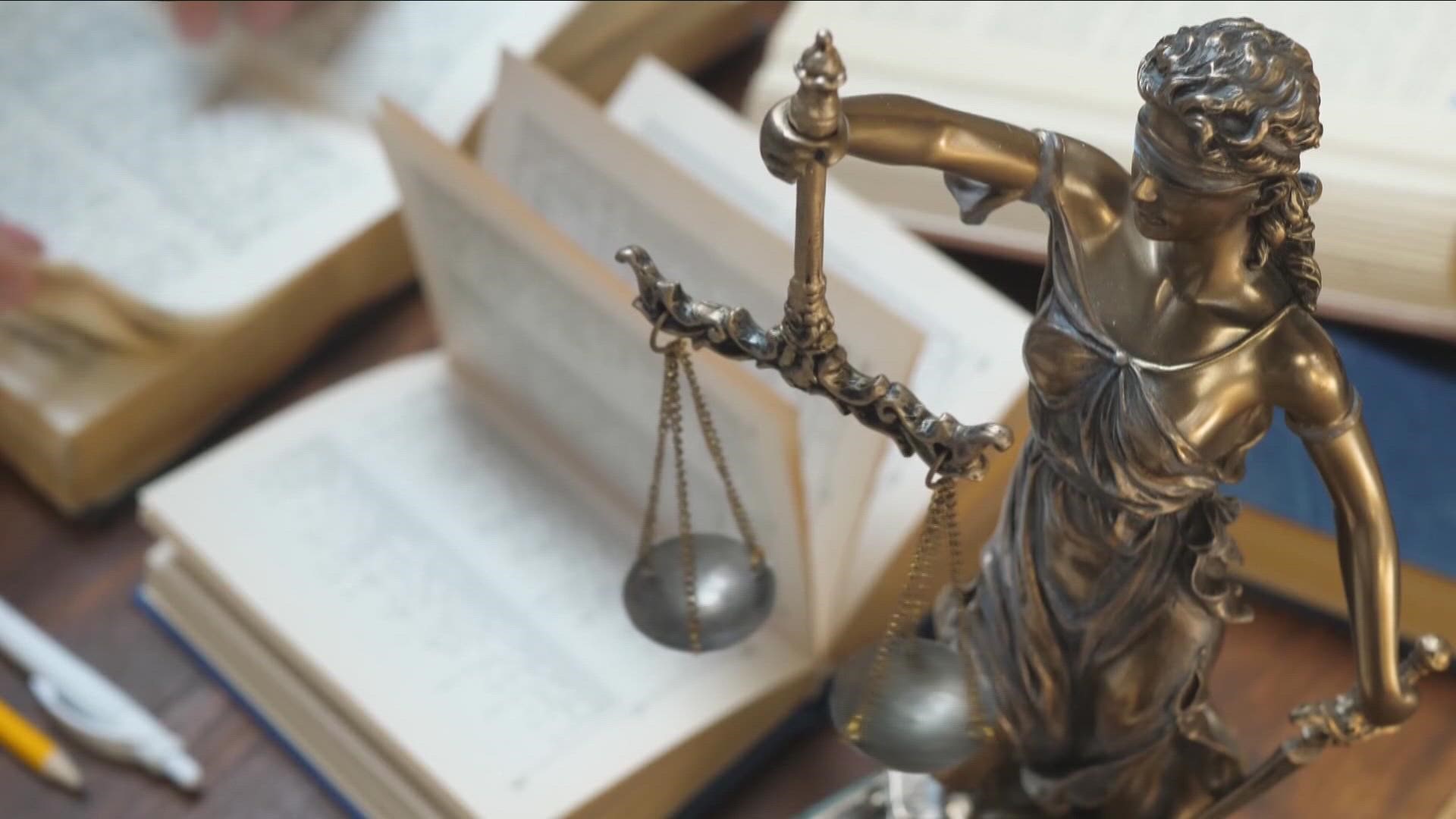NIAGARA FALLS, N.Y. — Bail reform wasn't the only change that the state legislature made to the criminal justice system in recent years.
Starting in January of 2020, reforms to the way legal discovery was handled went into effect.
"Under the old law, a defendant would go to trial and just before trial, they would get the names of the witnesses, the witness's statements, and a lot of evidence that would be presented at trial," attorney John Elmore said.
Elmore said as a legal tactic, prosecutors would sometimes wait as long as they could to provide the defense team with all the discovery evidence.
"So it pretty much was sometimes trial by ambush," Elmore said. "It resulted in a lot of innocent people getting convicted because the defense attorneys did not have time to properly prepare an adequate defense."
Under the discovery reforms, a timetable is established from the time of arraignment. Depending on the type of case, prosecutors need to provide a defense attorney with all the discovery evidence within 30 to 45 days.
The reforms mandate that all discovery evidence be shared, including from the defense attorney.
"Defense attorneys likewise have to turn over names of witnesses and whatever exhibits and evidence that they plan to present a trial as well," Elmore said. "So it works both ways."
But Niagara County District Attorney Brian Seaman says an unintended consequence of the reform is happening.
"I would call them a very serious consequences of discovery reform," Seaman said. "One of them is been an uptick in witness intimidation."
Seaman says for any case his office has to turn over evidence, including witness names, statements, and other information obtained during discovery.
"That is a blueprint for witness intimidation, and we've seen [it] here in Niagara County," the district attorney said. "Soon after we give this discovery, the witness intimidation starts, or the witness intimidation starts with a person that the defendant would not have known about, but for this discovery material that we have to give."
Seaman said his office was already giving defense attorneys access to discovery as a trial was close to starting.
"I think if you talk to defense counsel, candidly, in much lower level misdemeanor cases, they don't take the time to look through the discovery that are being provided," Seaman said. "They're just looking to see whether we have it, and if they have it, then they have to go forward with the case and accept a plea offer that they were probably going to accept anyway."
Elmore, however, says ensuring all the discovery evidence is shared because of these reforms likely leads to more plea deals, because they get a better sense of whether their was enough evidence for a guilty verdict.
"When guilty people have an opportunity to see the strength of the prosecution's case, and how much evidence that there really is they're more likely to plead guilty and, and less likely to want to go to trial," Elmore said.

